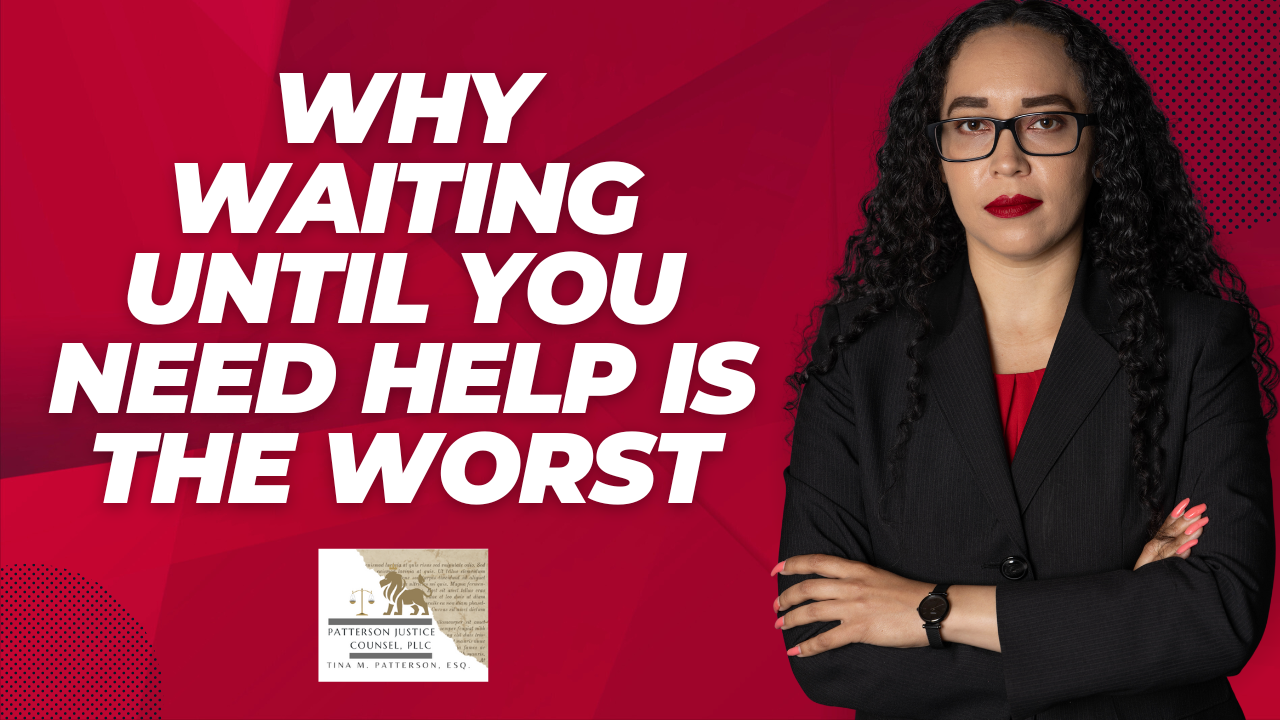Help, Don’t Harm, Your Family With Proper Planning
- Who Is Going to Be There to Help You When You Can’t Help Yourself?
- How Do You Know?
- Have you asked or had that talk with them yet?
While many of us know that estate planning has to do with what happens to our property and how are loved ones are taken care of when we are gone, far too many of us are unaware that we can also use estate planning tools and techniques to help ourselves while we are still alive but unable to help ourselves the way we could before.
How can this be? Through a myriad of ways.
- Sickness
- Injury
- Physical Disability
- Mental Incapacity.
We can get ahead of the matter through using estate planning tools such as powers of attorney for healthcare and financial, or, the less preferable option that becomes mandatory once we no longer have capacity, through the probate court system with guardianships and conservatorships.
Our main focus in this article is being proactive in telling your family what you need and asking for the help. I am speaking not just from professional experience, in counseling clients on how to go about their affairs, but from personal experience as a parent and an adult who’s lost a parent and has a senior parent.
With that said, here are three reasons why you don’t want to delay having that crucial conversation:
- Become a Burden
Taking care of business in life is no easy feat in and of itself. From going to work, making ends meet, planning vacations, and taking care of the kids, adding the extra weight of taking care of an adult who is no longer able to meet their needs, whether temporarily or permanently, is no simple feat. It requires new layers of care, specialized changes in environment, and a level of compassion unknown until you are faced with the challenges that come along with it. Telling family members, particularly those in whom you trust and you know you must rely on for assistance, is KEY.
Do not assume they are going to put down everything else, every other responsibility in life, to pick up your burden. In fact, you only become a burden my assuming just that. Instead, have the open, mature, and heartfelt conversation as to what you are going through, what you will require, and how that person can help you. Whether it is that person becoming your caregiver, or selecting a caregiving facility or environment for you, perhaps as your agent under power of attorney, have the talk.
2. Bear the Brunt
Without having the talk needed about your new changes, what typically happens is whomever is closest to you may bear the brunt of having to care for you and meet those needs. Whether it is a spouse, son, daughter, brother, sister, grandchild, etc., we want to be able to maintain our loving connections without adding a load onto already existing responsibilities.
Without having this conversation, you may expect that your loved one will care for you without question, and certainly, some relationships have that guarantee, such as a husband and wife or parent and child relationship. However, without proper communication, you leave the helping party like a deer in headlights- surprised and shocked, frozen and not knowing what to do. Not knowing how to manage you on top of their preexisting obligations. That is not fair to them, and it is not helpful for you.
3. Bad Blood
Worst of all, because these new changes, coupled with unexpressed expectations, can cause such a dynamic shift, without having the open and honest conversation, tension can boil up and eventually bubble over, causing bad blood between family. It is difficult for someone else to take on the entire responsibilities of a functioning adult, but downright frustrating when it is an assumption or an expectation, that the individual was never privy to.
Often, it is not that they are unwilling, but because there is so much responsibility involved, without the proper preparation or conversation, it can lead to resentment and bitterness. Questions such as, how dare you expect me to put down everything I’m doing to care for you, when you see that i’m doing enough as it is to take care of my own self, to take care of my own family, and to pay my own bills, etc. often arise. Left unchecked, in addition to the lack of preparation beforehand, can lead to serious decay in relationships, leaving the individual in need without the help and guidance required to function.
These mistakes don’t have to be yours. Plan ahead, and have the necessary conversations to ensure that your care is adequately met, and that the person you will rely on for support is readily willing and able to assist you during one of the most trying times in life.
Want to learn more? Check out our free, exclusive video 7 Disasters Waiting to Happen If You Don’t Take Control of Your Estate NOW!:
Like This Content? Follow and share on social media:
